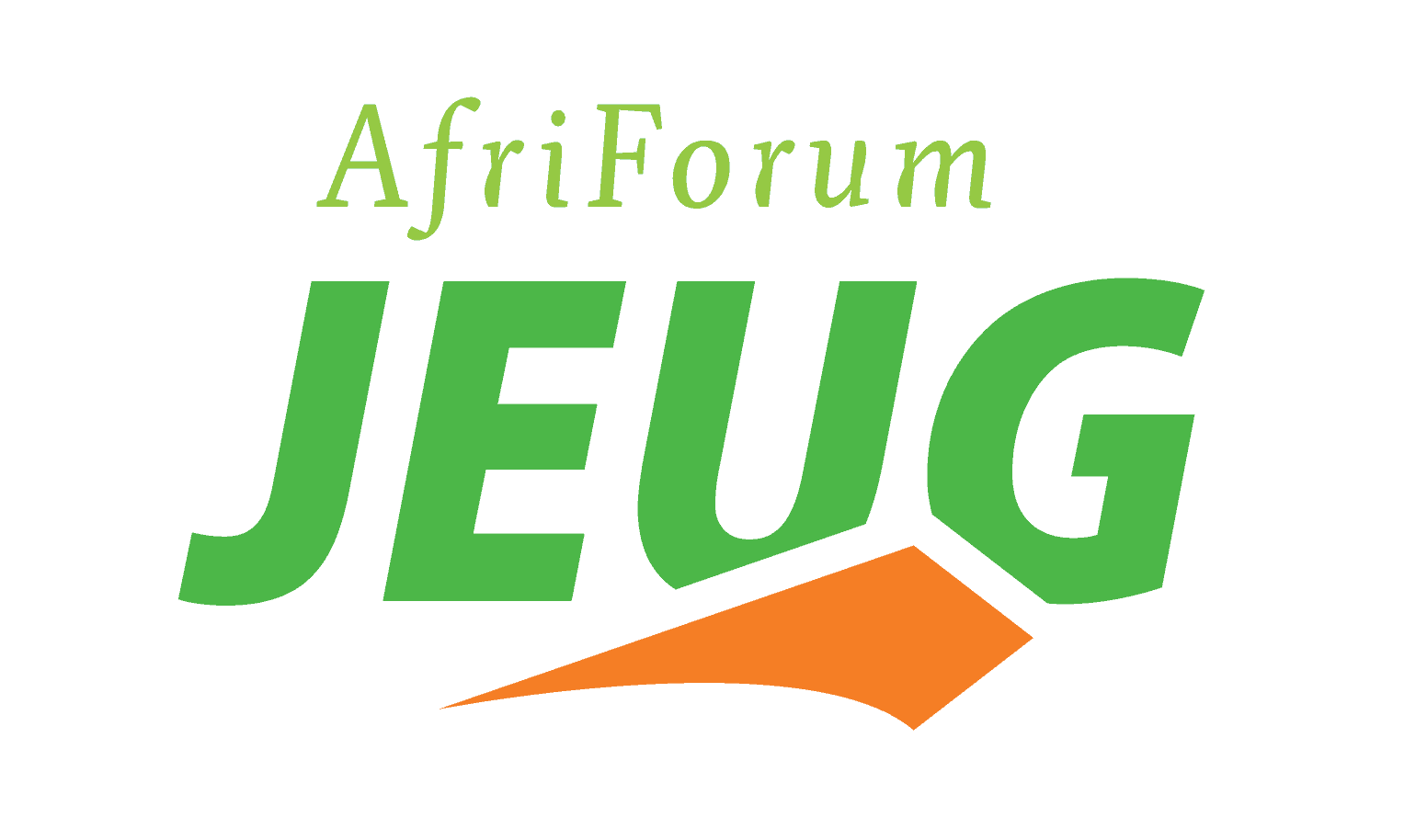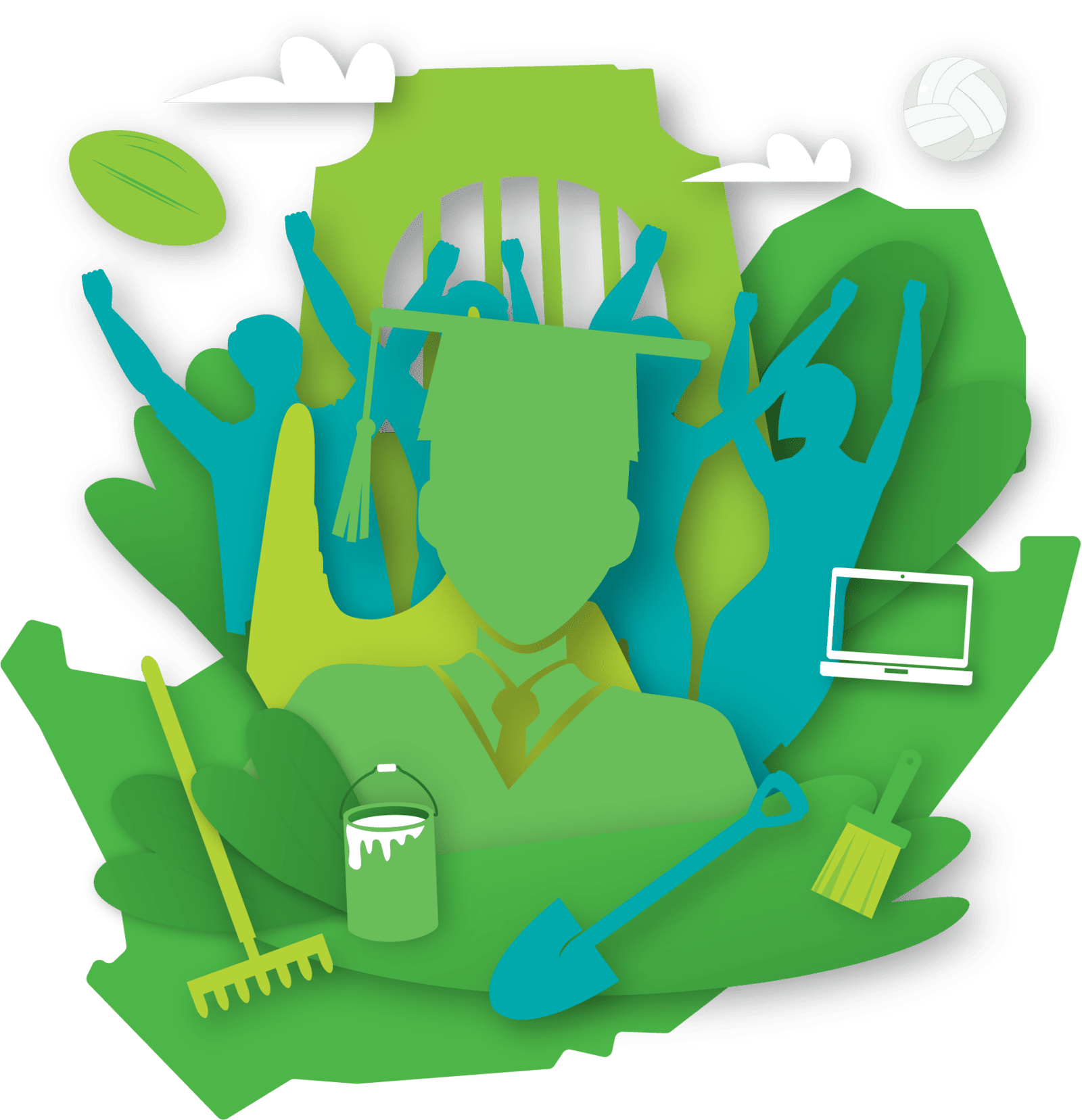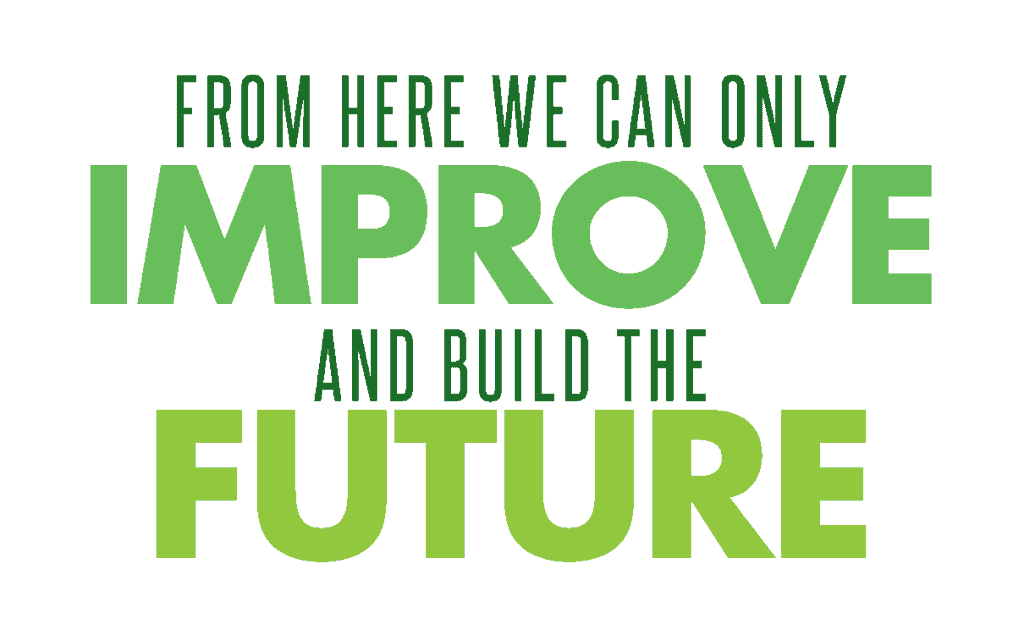
HRC’s “diversity education” in schools is ideological indoctrination
AfriForum Youth intends to oppose the South African Human Rights Commission’s (HRC) proposed “diversity training” in schools. This opposition is not only due to the fact that staff and time are lacking in the timetables, but also that this “training” is nothing but ideological indoctrination of children.
The HRC claims that this “training” is necessary to fight racism. Yet the same HRC earlier in a ruling found that it is not hate speech if Julius Malema romanticises violence against minorities, because he is black and because black people (in the HRC’s analysis) cannot be measured by the same standards as white people .
“When it comes to racism, the Human Rights Commission is part of the problem, not the solution. We cannot allow children to be indoctrinated with this kind of ideological activism,” says René van der Vyver, spokesperson for AfriForum Youth.
Fatima Chohan, Deputy Chairperson of the HRC, said earlier at a media conference (July 13) that, “one must remember that discriminatory policies have been applied for hundreds of years to the point of being culturally ingrained.” This is just one of the signs that indicate to AfriForum Youth that there will be a specific ideological undertone in this school subject.
“Chohan’s remark shows that this school subject will be built on double standards, such as that racism has been ‘culturally embedded’. The prospect that the school subject will develop an appreciation for others’ cultures and traditions sounds rosy, but unfortunately, we have learned over the past three decades that the government values only one so-called ‘ANC culture’,” says Van der Vyver. According to the youth organisation, schools and ideological training are not a place for the state to interfere.
“South African learners will not need diversity training if the state creates a culture in which there is recognition and respect for each other’s different communities. To succeed, the state must allow learners, among other things, access to mother-tongue education and it must not be a right that people have to fight for all the time, as the Afrikaans community has experienced for years,” concludes Alana Bailey, principal of Cultural Affairs at AfriForum.







